Personal insights from chapter authors of our 50th Anniversary volume
 Terrell Carver
Terrell Carver
Author of Chapter 3, ‘The Political’ in European Political Science
In writing my chapter, I was struck by how the study of politics in various ways, pursued under the aegis of the ECPR, has a potential for global applicability unrivalled by any other region. European countries now have, and have had, a wider variety of nation-building experiences than any other region of any size in the world. In effect political science, doing its job in Europe, is already a challenge to presumed or declared universalisms, or at least uniformities, in defining ‘the political’ and in generating ‘science’.
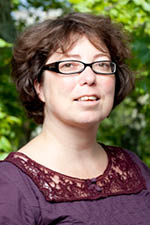 Virginie Guiraudon
Virginie Guiraudon
Author of Chapter 4, Methodological Pluralism in European Political Science
I was asked by the editors to reflect on the enduring plurality of approaches in European political science. This situation stands in sharp contrast with the United States where I was trained before returning to Europe; there, acrimonious battles over rational choice and quantitative methodologies started just as the ECPR was founded in 1970. While writing the chapter, I was thinking of our students who may think that learning about different theories and methods is an abstract or dry subject. In fact, the history of the discipline reads like an exciting plot with a European cast of characters trying to understand troubling political times. It is also useful for us to identify the various endogenous and external pressures that determine how academics adopt a particular 'scientific method.' Ultimately, it is up to the reader to decide whether the analytical diversity of political science helps us to make sense of contemporary politics, as did our precursors.
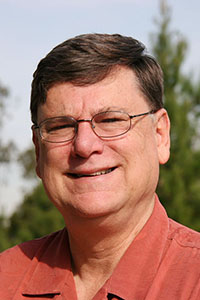 Russell Dalton
Russell Dalton
Author of Chapter 5, The Expansion of the Political Science Dataverse
My essay discusses the tremendous change in the methods of European political science over the past half-century. It has moved from a field rich in conflicting philosophical theories to a modern theory-testing science that advances our understanding of how citizens, elections, and other parts of the democratic process actually function. This has been the enlightenment period for political science, where we are starting to determine which of the things we believe to be true are actually true. The essay describes these scientific advances in several areas of mass politics, and the implications for research going forward.
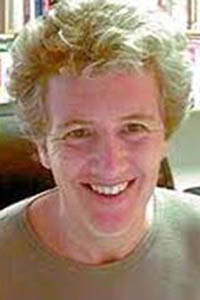 Pippa Norris
Pippa Norris
Author of Chapter 7, The World of Political Science: Internationalization and Its Consequences
What have been the consequences of internationalization for political science as a profession? To consider this issue, the chapter starts by describing three mega-trends expected to drive internationalization, including transnational academic mobility, the role of new communication and information technologies, and global competition in academic labor markets. It then describes the evidence used to compare countries and regions, presenting the first results of new survey data from the ECPR-IPSA World of Political Science survey (WPS-2019). Overall, 2,446 responses were collected from respondents studying or working in 102 countries. Global regions of political science are compared in their social background and career profiles, role perceptions, methodological techniques, and subfields of expertise. Cohort analysis provides insights into the longer-term evolution of the profession over time. The conclusion summarizes the key findings and considers their implications for understanding the current state and future trajectory of political science.
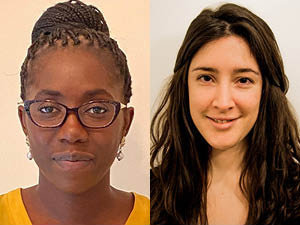 Shardia Briscoe-Palmer & Kate Mattocks
Shardia Briscoe-Palmer & Kate Mattocks
Authors of Chapter 10, Race, Intersectionality, and Diversity in European Political Science
At first, we did not believe our invitation to contribute was real. Once acknowledged, we knew this chapter would be extremely significant in steering the direction of a much-needed conversation on diversity in the discipline and more specific to the current climate, a focus on race. The lack of data on diversity across the continent came as a shock to us both. At this point, we knew it would be important to emphasise that decolonising political science does not mean getting rid of what has traditionally worked. Rather, it is an opportunity to include others and embrace difference, to diversify.
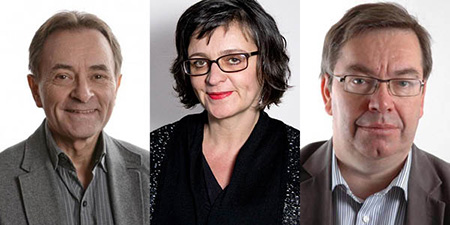 Ivar Bleiklie, Marleen Brans & Svein Michelsen
Ivar Bleiklie, Marleen Brans & Svein Michelsen
Authors of Chapter 11, Making European Political Science Matter: Policy Advice by European Political Scientists
Writing our chapter on how and to what extent political scientists use their knowledge to provide policy advice, we were struck by how European political scientists share the idea that they have an obligation to engage with politicians in policy debates. We were also struck by how there seems to be common patterns determining how they engage during the course of their academic careers, limiting themselves to strict academic forms of advice in early career stages, moving towards a wider set of advisory roles later in their careers. Political scientists thus seem to be creatures of the academic career system in which they operate. Yet, our chapter also demonstrates considerable variation across countries as to how they prefer to engage and in what roles they do so. This variation reflects important characteristics of the political-administrative systems in which they operate. In this sense political scientists emerge as creatures of the very systems they study.